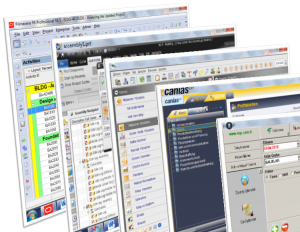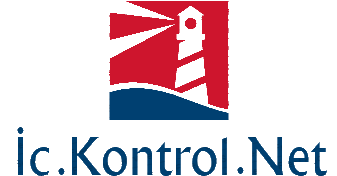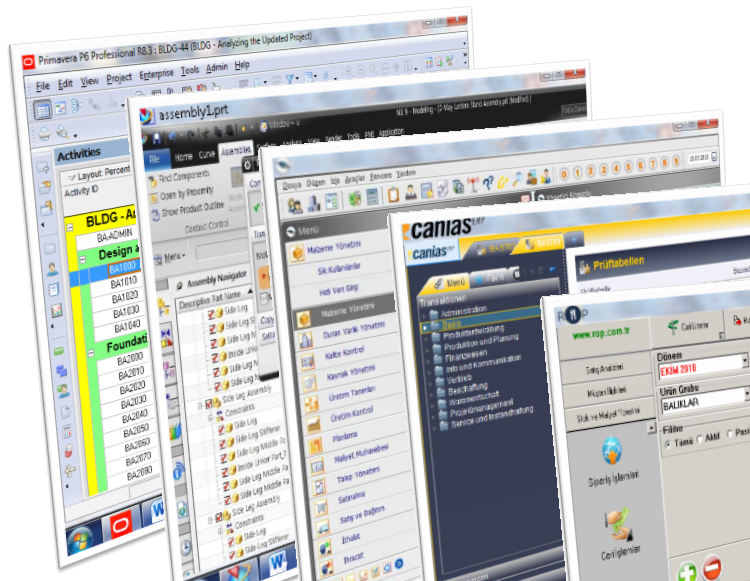ERP (Enterprise Resource Planning) can be defined as a management system used by businesses to manage their business processes, increase productivity, and effectively utilize resources. ERP facilitates communication and coordination within the organization by consolidating information from different business units on a single platform. It also helps prevent inefficiencies by enabling information sharing among different departments within the company. Due to its integrated structure, ERP allows for the observation of relationships between different areas of the business, enabling more strategic decision-making.
ERP, which stands for Enterprise Resource Planning, is a software system used to manage and control all business processes of a company in an integrated manner. ERP combines various business functions such as finance, accounting, supply chain management, inventory control, production processes, human resources, and marketing on a single platform.
ERP systems facilitate data sharing and communication between different departments within a company. This accelerates the flow of information between departments and reduces data duplication and errors. At the same time, it increases efficiency and optimizes resource utilization by automating business processes.
ERP software creates a comprehensive database for the business. This database serves various functions such as recording transactions, generating reports, conducting analyses, and supporting decision-making processes. Thus, company managers can make healthier and more strategic decisions based on real-time data.
In conclusion, ERP is a software system that effectively manages and integrates all business processes of a company. This system increases efficiency, reduces stock and costs, enhances customer satisfaction, and overall improves the competitiveness of the business.

